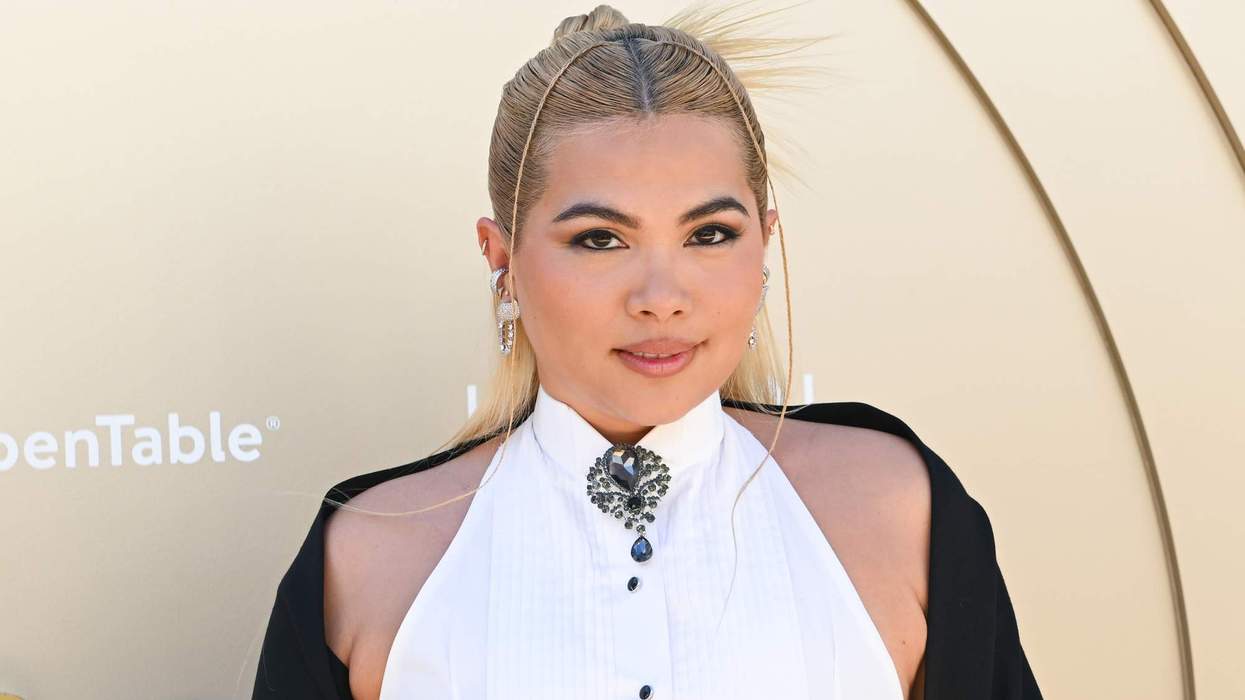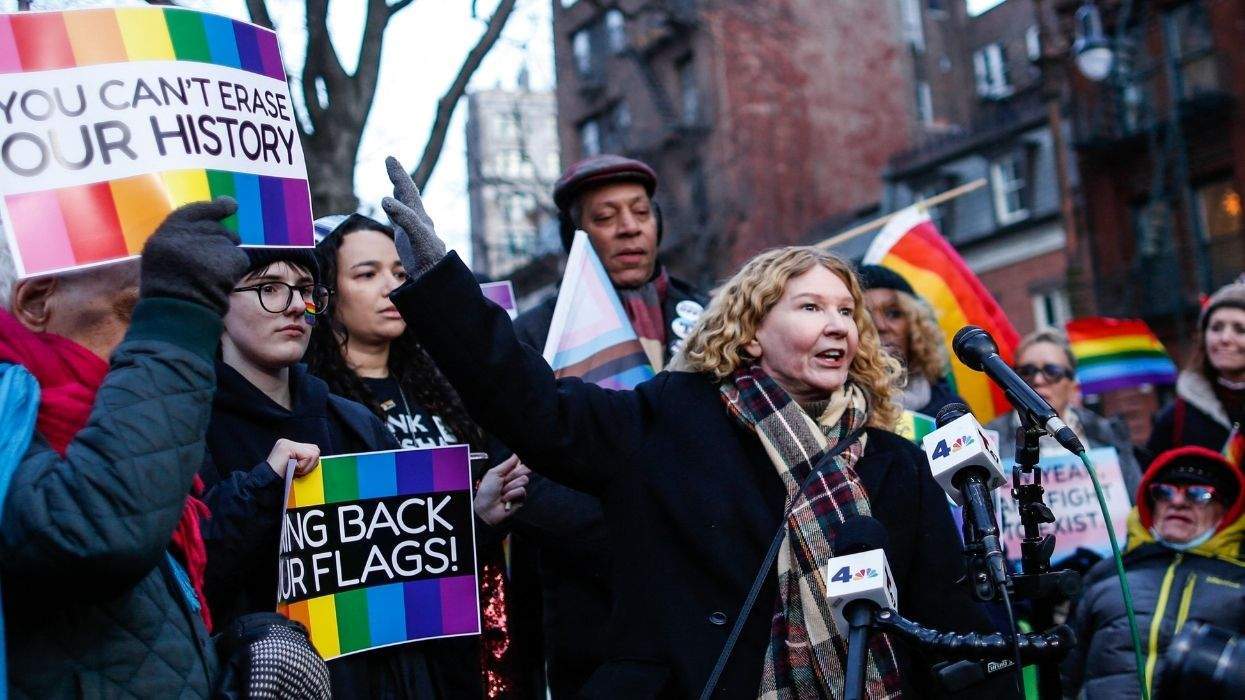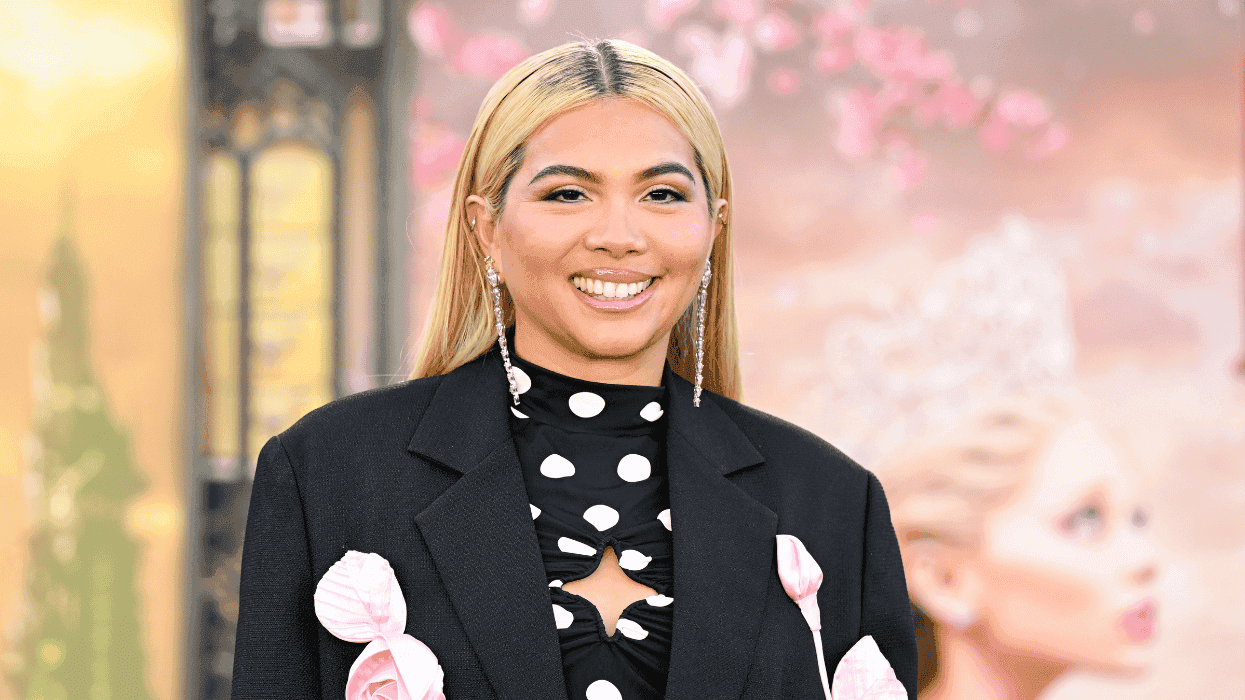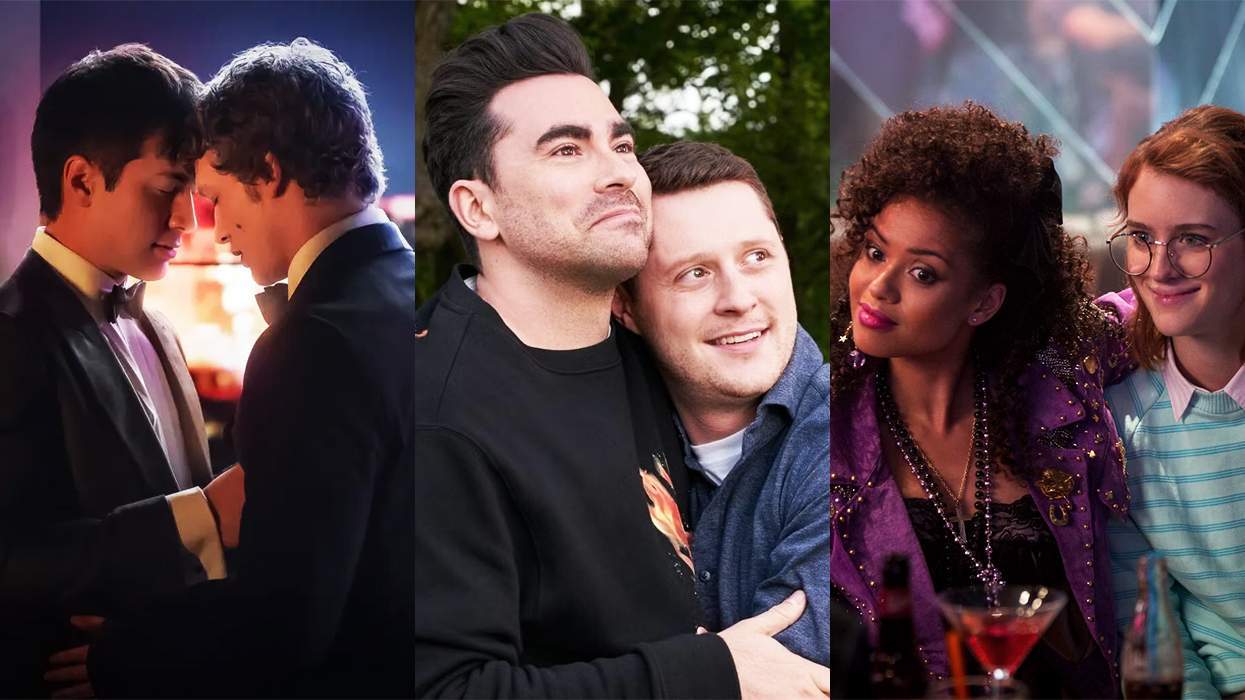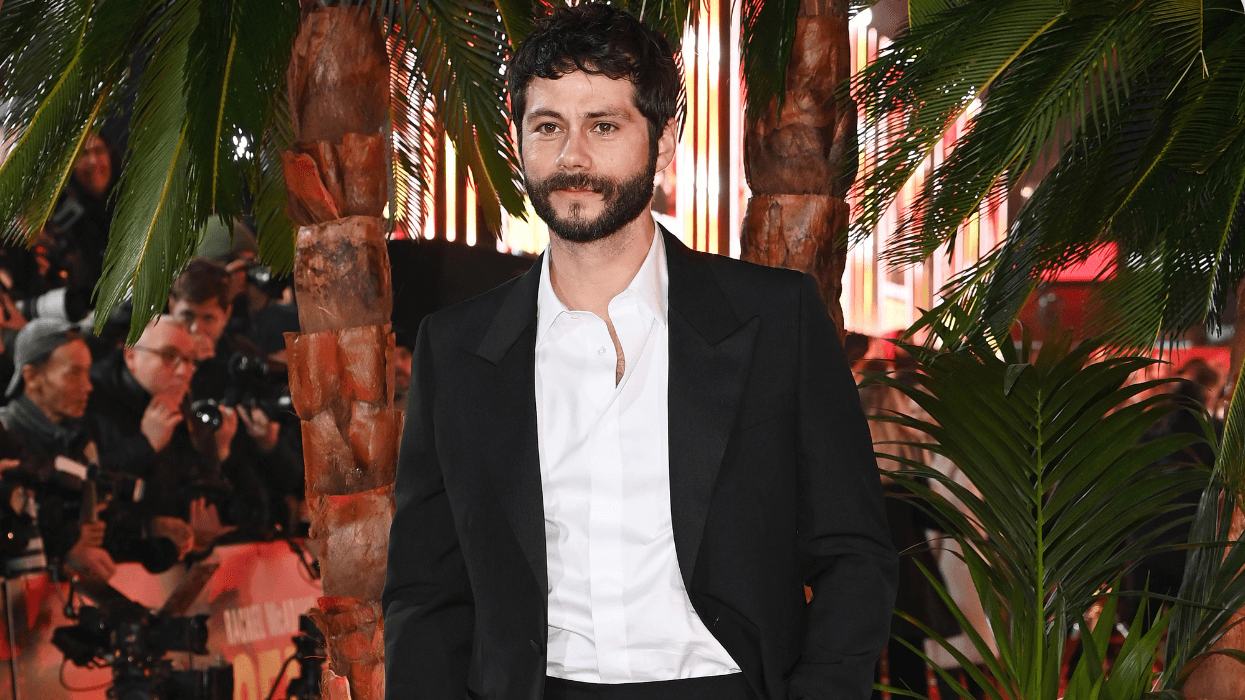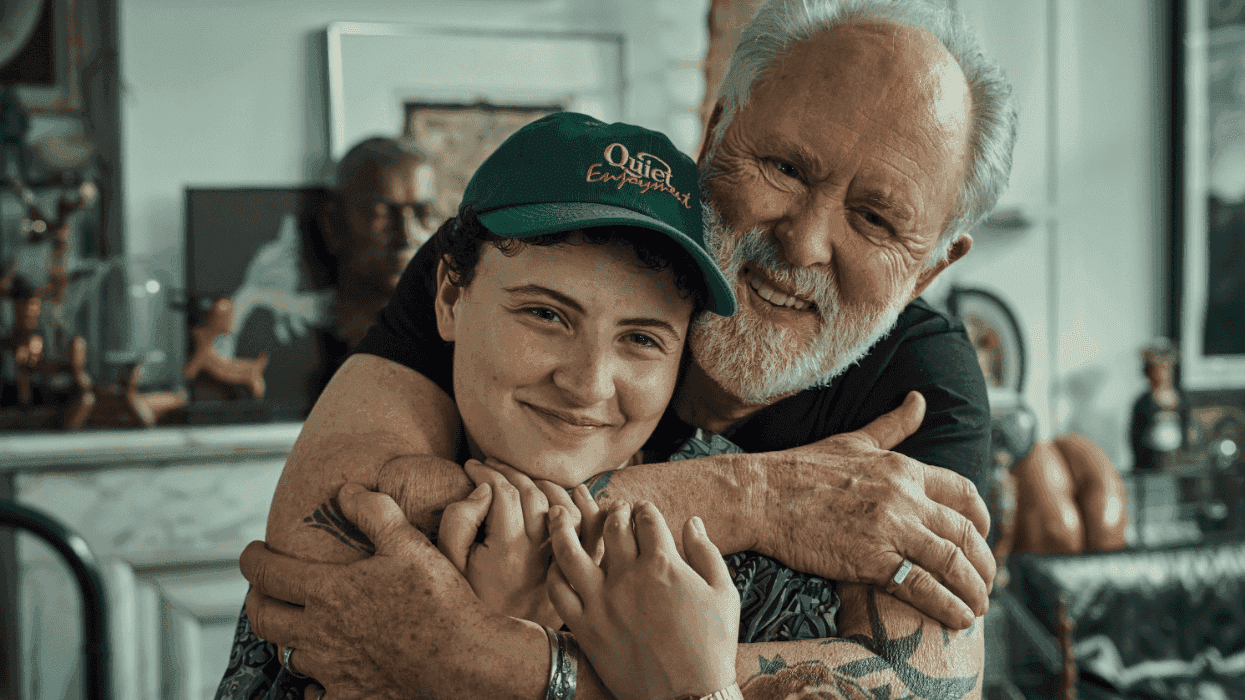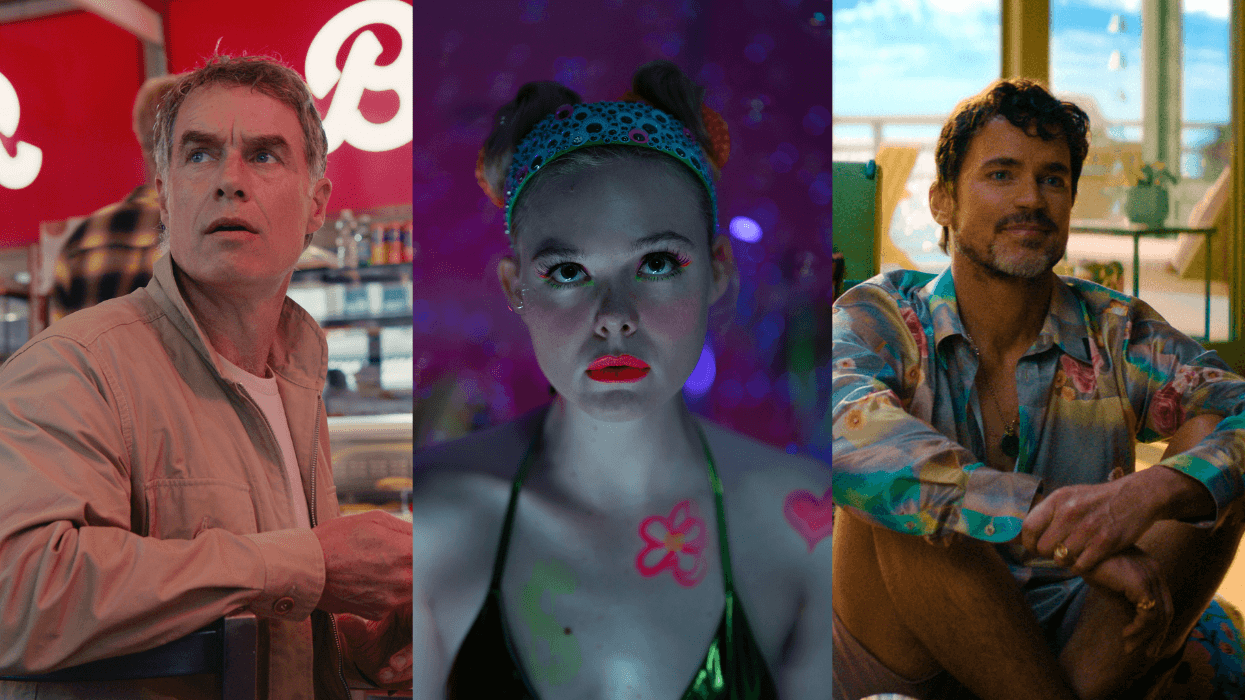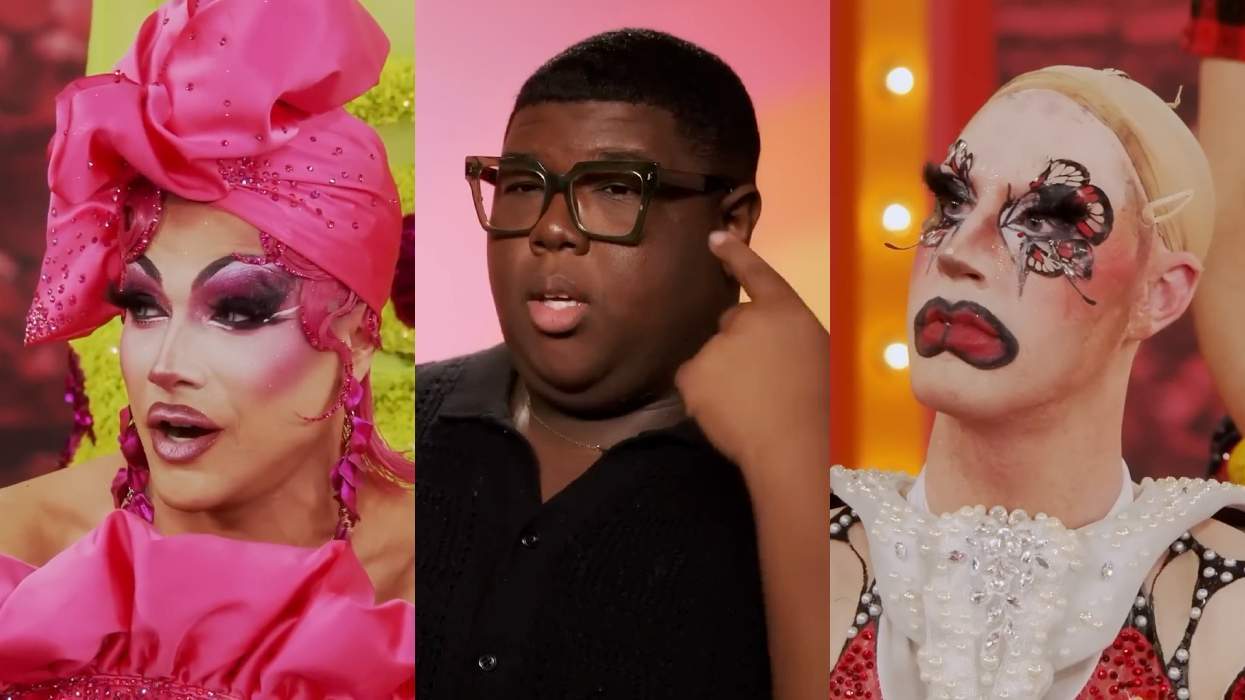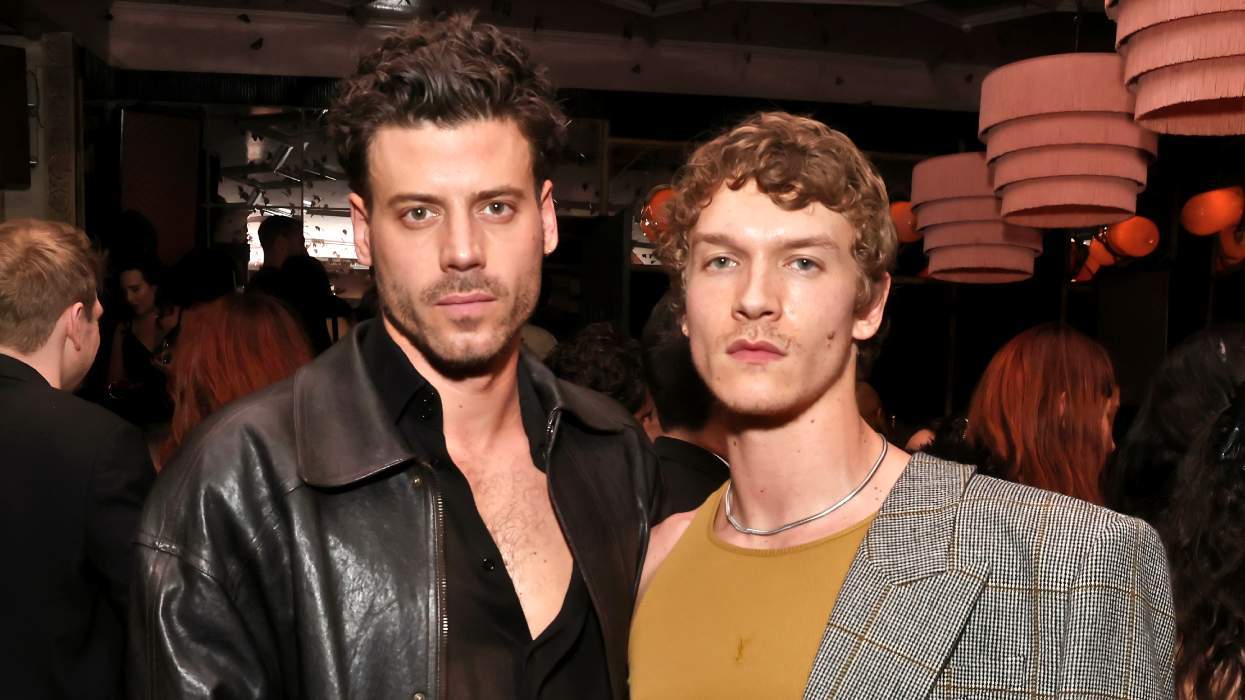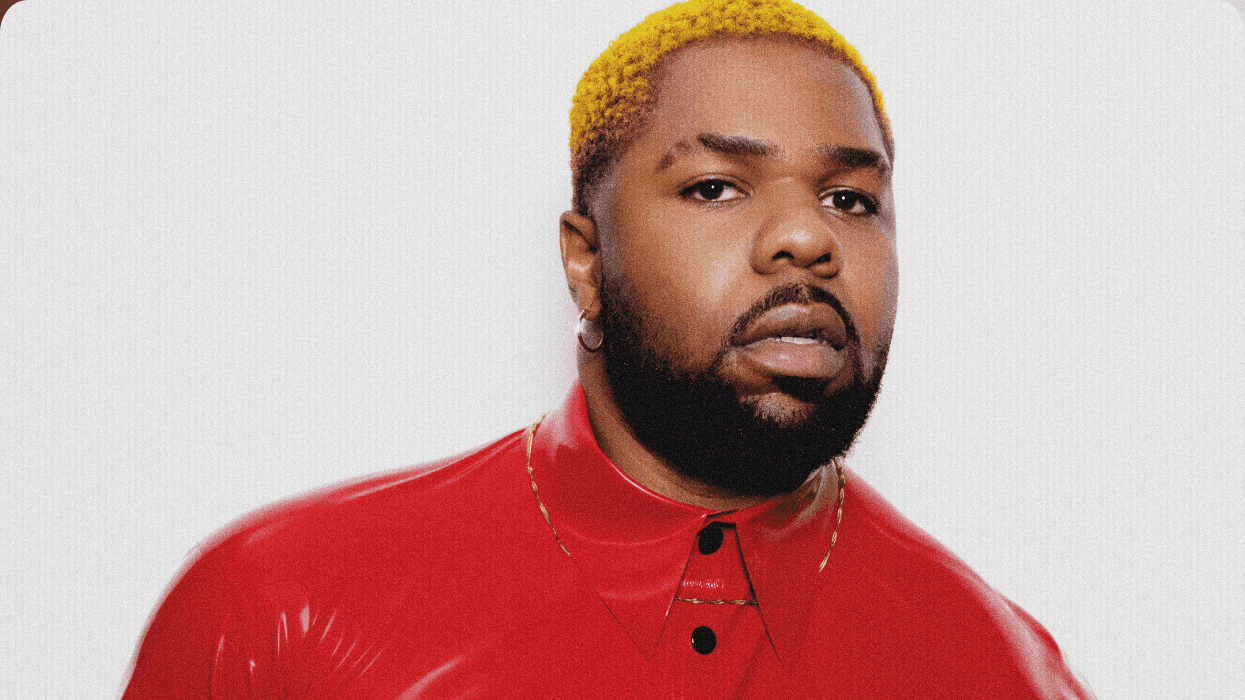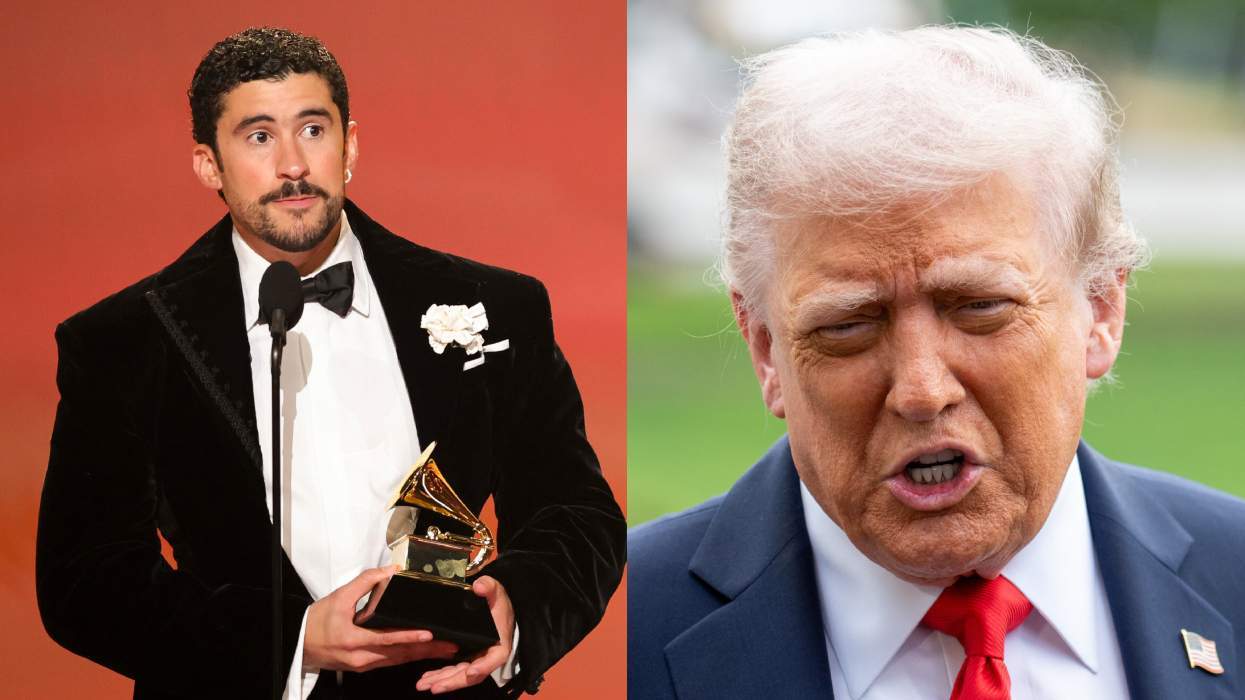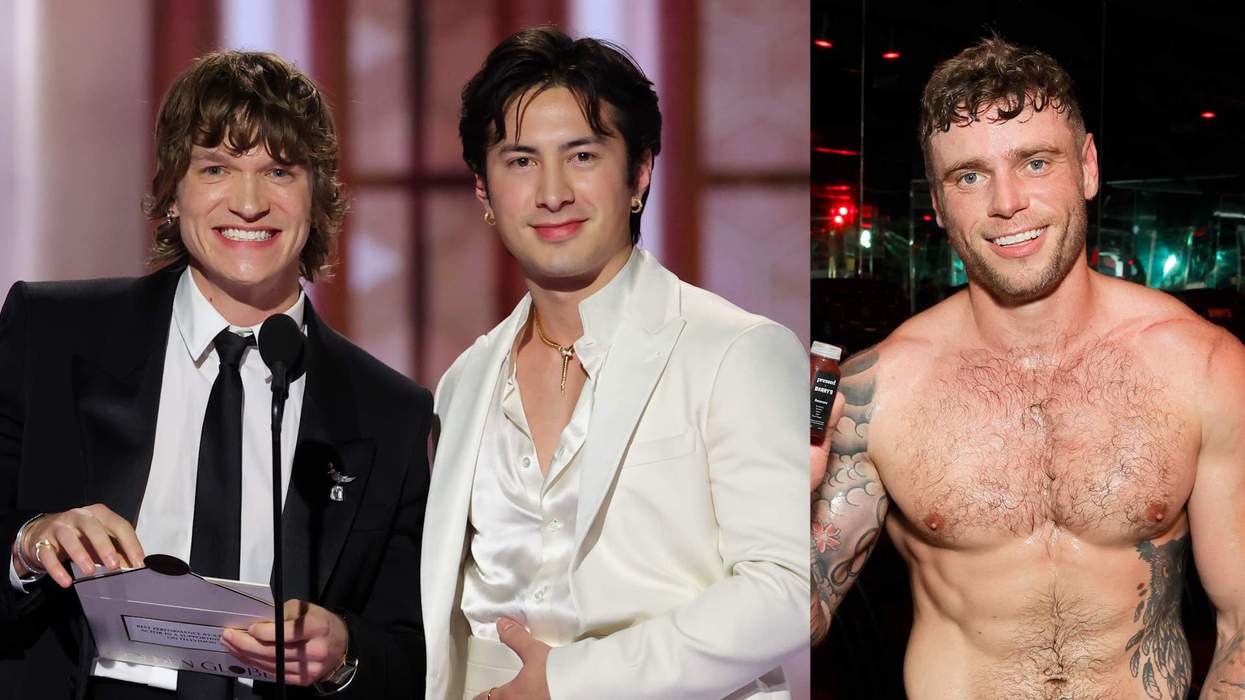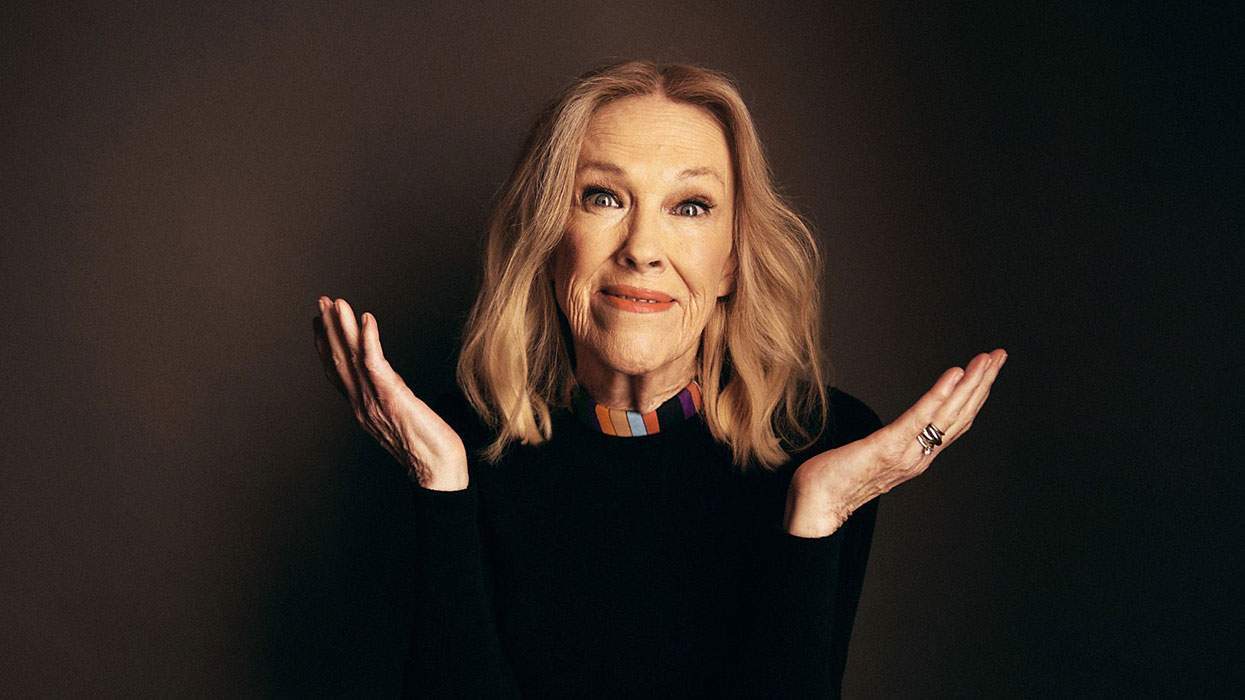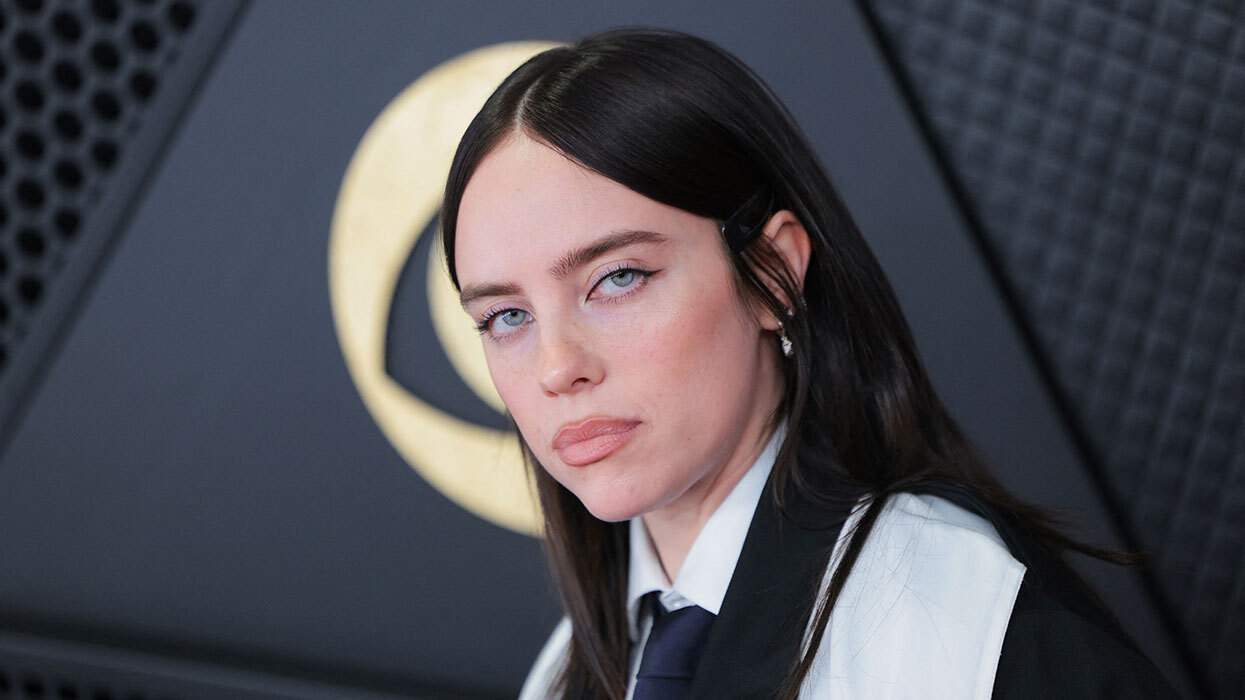For 25 years, OUT has celebrated queer culture. To mark our silver jubilee, we look back at some of the biggest, brightest moments of the past 9,131 days.
In the early 1990s, directors Gregg Araki (The Living End), Tom Kalin (Swoon) and producer Christine Vachon (Poison) were on the front lines of an indie subgenre that would change the face of queer movies in America. Here, they discuss what drove the movement, what it yielded, and what comes next.
OUT: What do you remember about the early days of New Queer Cinema?
Christine Vachon: I don't like to get too stuck on that term, given how much people were experimenting and how different all of their films were. What I do think is important is that a sense of urgency underscored those films, and it had to do with the AIDS crisis. If we weren't taking matters into our own hands to tell our stories, we'd never have the opportunity to.
Gregg Araki: It was pretty much impossible in those days to be any kind of queer artist and not deal with HIV and AIDS as a subject. It was such a pervasive aspect of everyone's lives. You thought about AIDS and dying every damn day. Making The Living End was almost like therapy for me--I could express my anger, anxiety, and confusion about what was going on at the time.
What was production like?
GA: It was crazy. There was no money--I think there was $20,000 for The Living End. No one got paid and we begged, borrowed, and stole everything. I got a couple of arts grants, and a colleague finagled money from his mom, who got an executive producer credit.
CV: But it was empowering to make a film for a certain amount of money, market it to only a queer audience, and have it be financially successful. The lesbian drama Go Fish was enormously successful, more than Poison and Swoon combined.
Tom Kalin: I don't think we'd have something like Louie if we didn't have Go Fish as a step in the chain of the way queer women looked on screen. It anticipated the mumblecore movement. And, moving forward, there was I Shot Andy Warhol, with a lesbian protagonist.
CV: Tom and I were raked over the coals by the queer community for producing that movie.
Why?
CV: In general, it was as if we were doing a grand disservice by showing gay people in the worst possible light--as child murderers in Swoon, or nasty lesbians in I Shot Andy Warhol. A film of that time that was held up as a good gay movie that did its duty was Longtime Companion, which I love now, but didn't then because it was basically about white men I didn't relate to.
TK: It was the "rich white fags from Fire Island" movie. I have a completely different feeling today, too, but I was dismissive of it then, and more sanctimonious about what I expected images to do.
CV: There was a sense that the queer community was telling us, "Let us explain what a good image is and what a bad image is." And we were like, "Fuck that." We tell complicated stories with ambiguous heroes.
What was it like to be making these films while losing peers like Derek Jarman to AIDS?
CV: It's hard to articulate how strange it was to be a young New Yorker in that world, where you'd not see someone from one day to the next and you'd find out they had died. There was a kind of PTSD at all times.
TK: There were people who were not much older than we were, and they were part of our vanishing tribe. You're in some triage state in your 30s and your friends are dying. That's not normal.
GA: It was so traumatic and painful, but also so transformative. Those were the days of ACT UP, Queer Nation--all that energy that changed the face of gay culture forever.
CV: And the drugs got better...
What about the legacy of New Queer Cinema? Some might say Brokeback Mountain couldn't have come without the radicalism of the movement.
TK: I think a movie like Gregg's The Living End was extremely important--just how irreverent and outrageous the proposal was. It went along with the fucked-up Reagan-era protests that were like, "If I die, dump my ashes on the White House. I'm not going to be a victim." But did that enable Brokeback? I think that's a particularly unique movie about the chemistry of casting.
CV: Boys Don't Cry was enormously influential in so many ways, and the fact that it was recognized by the Academy was insane. But not that long ago I showed the film at a college and it was picketed by trans students who hadn't seen it. Putting it in context, any type of historical context whatsoever, it's like the French proverb: "The more it changes, the more it stays the same." I just focus on telling the stories I think are unique and letting them hopefully find their audience.
Despite progress, and the path of a film like Moonlight, are we seeing a resurgence of '90s-era galvanization?
GA: If we are, there must be some good in it, because I look back on that era with huge fondness. I remember when it was a huge deal to find two actors who'd even kiss each other, let alone fuck in a shower. And that guerrilla-style labor of love would be pre-Will & Grace. Pre-Brokeback.
CV: I suppose we could bang on about the importance of storytelling and cinema to change the world, et cetera. But it's hard when we're actually looking at nuclear war. And yet, storytelling is important. And it does feel a little like those days now: Take a deep breath, fight it an inch at a time, don't feel sorry for yourself, organize.
TK: Winston Churchill said, "If you find yourself in hell, keep marching." That's basically how I feel right now. Keep marching.
--
Pedro Almodovar: Queer Filmmaking Owes a Huge Debt to its Finest Foreign Correspondent
While queer American filmmakers were hardening their artistic resolve in response to AIDS, one Spanish director was staging a revolution of his own. A gay aesthete who grew up in the shadow of dictator Francisco Franco's reign, Pedro Almodovar used the political and sexual tensions of the era to introduce a singular, hedonistic queer style, which followed few rules save for its maker's lush visual curation. When Todd Haynes's Poison hit Sundance in 1991, Almodovar had dropped seven films in Spain, including Matador, in which he confronted rape head-on, and Law of Desire, in which he dabbled in gender identity and explicit sex. In the U.S., Almodovar's key breakthrough was 1999's All About My Mother, which featured a pregnant nun and, in a bold move at the time, a trans female. It won the Oscar for Best Foreign Language Film and made the director an international hero in Hollywood. Yet from 2002's Talk to Her to last year's Julieta, Almodovar has never made a Hollywood movie--or an English-language one, or one beyond his base in Spain. In him, vanguard directors have seen the future, and in the process, he's become an integral part of our past.



